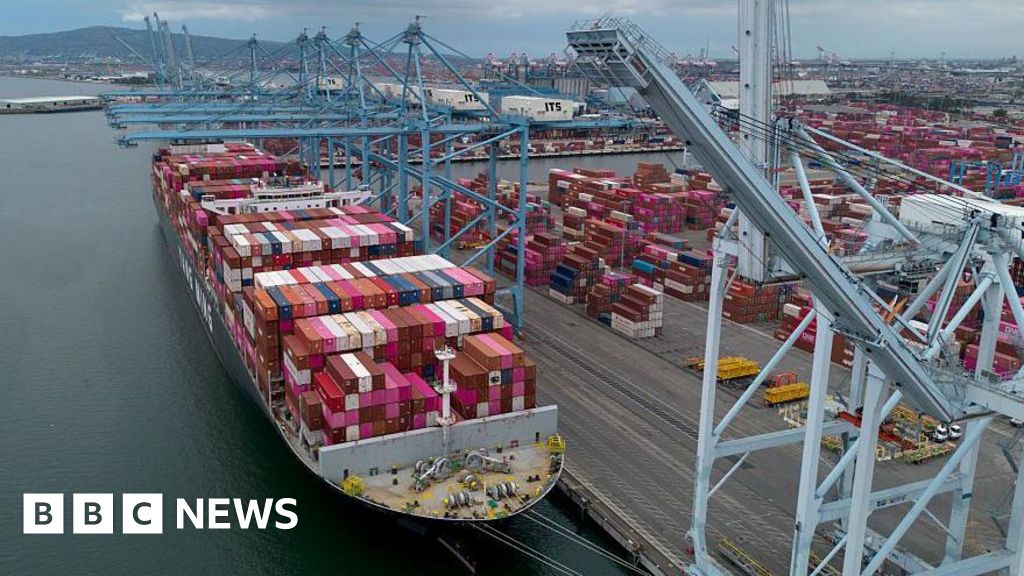LONDON – A new round of trade negotiations between the United States and China is scheduled to take place in London on Monday, as both countries seek to resolve ongoing tensions despite recent accusations of deal breaches.
Breaking: High-Level Delegations to Meet in London
Last month, the world’s two largest economies agreed to a temporary truce to lower import taxes on goods exchanged between them. However, both nations have since accused each other of violating the agreement. The announcement of the upcoming talks follows a phone conversation between U.S. President Donald Trump and Chinese leader Xi Jinping, which Trump described as a “very good talk.”
Immediate Impact
President Trump announced on Friday that a senior U.S. delegation would meet with Chinese representatives in London. Over the weekend, Beijing confirmed that Vice Premier He Lifeng will attend the talks. This meeting aims to address the trade war that has been impacting both economies significantly.
Key Details Emerge
Trump stated that U.S. Treasury Secretary Scott Bessent, Commerce Secretary Howard Lutnick, and Trade Representative Jamieson Greer would meet with Chinese officials. China’s foreign ministry announced Vice Premier He’s visit to the UK from June 8 to 13, with a meeting of the “China-US economic and trade mechanism” planned.
The call was the first time the two leaders had spoken since the trade war erupted in February.
Industry Response
According to Chinese state news agency Xinhua, Xi urged the U.S. to “withdraw the negative measures it has taken against China.” The trade war, which began earlier this year with sweeping tariffs on imports, has seen China respond with its own tariffs, leading to tit-for-tat measures that peaked at 145%.
By the Numbers
In May, talks in Switzerland led to a temporary truce, reducing U.S. tariffs on Chinese products to 30% and Beijing’s levies on U.S. imports to 10%.
Expert Analysis
Swetha Ramachandran, a fund manager at Artemis, told the BBC’s Today programme that Howard Lutnick’s participation is a “welcome addition” given his role in implementing strict export controls on technology to China. She highlighted the importance of rare earths, where China dominates global production.
“They mine 69% of the rare earths globally that are essential to technology development in the U.S.,” Ramachandran noted.
Background Context
The agreement reached in May set a 90-day deadline to negotiate a comprehensive trade deal. The latest data from Beijing showed that China’s exports in May were lower than expected, despite the truce.
China’s exports in dollar terms increased by 4.8% year-on-year, while imports dropped by 3.4%, worse than the predicted 0.9% fall.
What Comes Next
As both countries prepare for the London talks, the focus remains on resolving key issues, including technology exports and rare earth minerals. The outcome of these discussions could significantly impact global trade dynamics and economic relations between the two superpowers.
The timing of these negotiations is critical, as both nations aim to avoid further economic disruptions. The world watches closely as the U.S. and China attempt to navigate their complex trade relationship.
